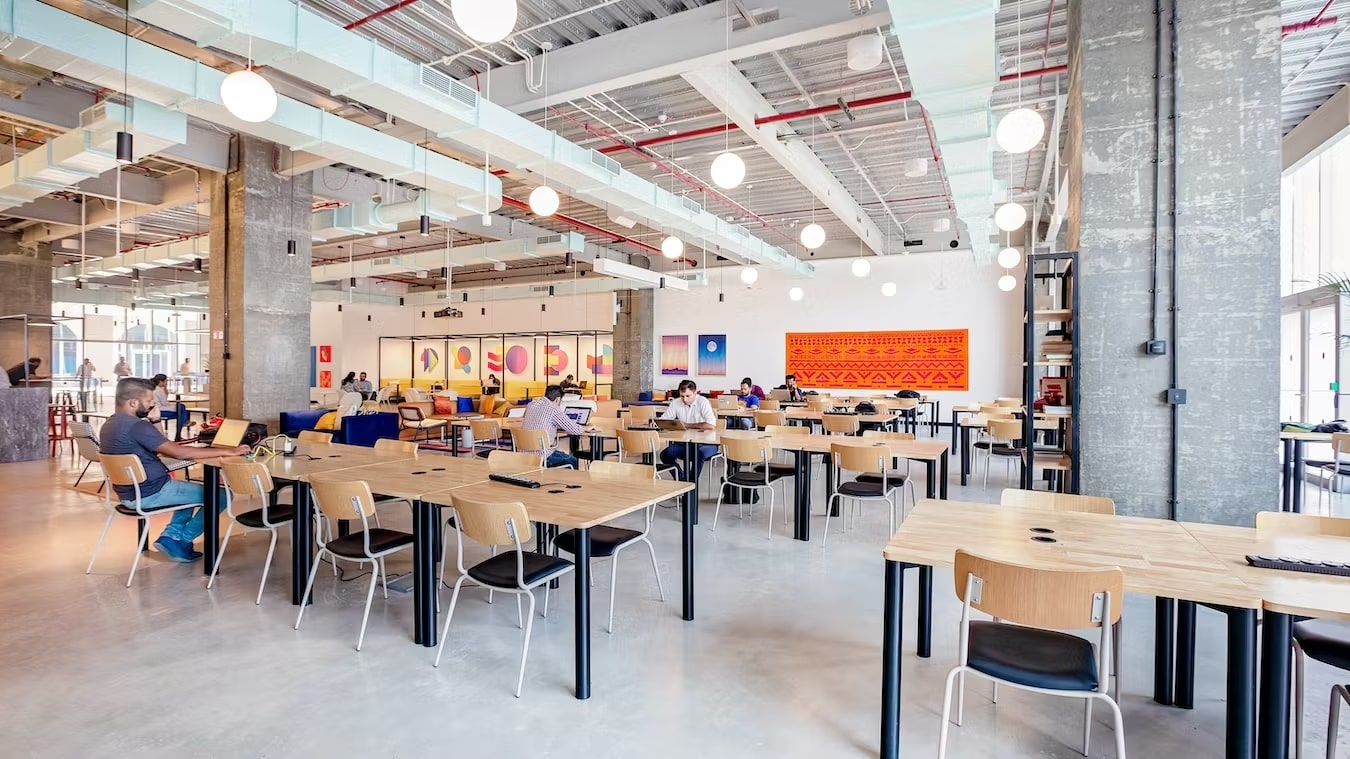Why we need an office, some of the time...
“Working from Home vs the office” is now a topic of conversation around the dining table like never before. Almost all office-based workers, business men, and women, panelists, journalists, and economists have batted the merits of each back and forth for several weeks. The consensus, so far, appears to be that the office is not dead, even as we enter the second lockdown in the UK. The office will instead become a hub for creativity, innovation, and collaboration. It will bring people together for specific activities and progressive organizations will design office space that facilitates, enables, and encourages this type of activity to maximize the return of the time employees spend in the office.
This all makes sense, however, it misses two critical elements of office life:
- The environmental stimulus that working from home cannot replicate
- Losses in social interaction that cannot wholly be recreated when working from home
Workplace Stimulus
Firstly, the value derived from exposure to natural workplace stimulus. We overhear conversations, observe colleagues, and learn by osmosis from those around us. This is especially true for new employees to an organization but is actually true for everyone, at all levels. The workplace also clears the way for purely serendipitous chance conversations. We also know that unplanned exchanges of ideas and conversations that have been muted by Covid-19 help us perform at our best.
“Informal chats are often more useful than formal meetings,” the Chief Economist for Bank of England told the BBC this week.
In addition, some people gain much-needed confidence in this environment. Employees observe the capability, support, and resources around them in a way that they cannot do from home and this, in turn, can encourage people to tackle the difficult task, stretch themselves, take more calculated risks, and spot people who are willing and able to help them. You are also more likely to spot a colleague with a challenge and reach out to support them, offer to help, draw on your previous experience to a similar problem, share knowledge, etc.
So, whilst we were initially reveling in the “increased productivity” that WFH gave rise to – we are starting to see that this is linked to “cognitive tunneling”. WFH has positive consequences in terms of focus or concentration and, in turn, “how much work we bang out.” But it misses the broader contribution delivered by employees working together in an office environment. The volume of work is obviously important, but many businesses unknowingly rely on or at least benefit from, a broader contribution to success. Some of this can be re-created over time - mentoring, knowledge exchange, contributing to colleagues’ growth - but not all of it.
Social Interaction
Secondly and subtly different: social interaction. The social environment of the office matters. At the start of the day, we may greet the building’s receptionist, or bump into someone in the lift, or chat with colleagues about the weekend just gone whilst making our morning tea. That is all before we have sent our first email. There are numerous interactions daily in an office and whilst they are forgettable it creates and builds relationships and a sense of belonging. The results of social interaction have been shown by numerous psychological experiments to contribute to our wellbeing. We know employees with strong wellbeing perform better. Some studies and experiments even lead psychologists to go so far as to say that social interaction is a social cure to some health issues – indicating there are physiological and psychological benefits.
However, it is critical to note that the culture of the workplace is key. If the culture isn’t inclusive and people do not feel a sense of belonging, most obviously minorities who are more likely to be marginalized or experience micro-incivilities, then the benefits of the office are not derived for everyone. Inclusion is a basic human need and inclusive culture is fundamental to wellbeing. Feeling socially isolated will be detrimental to wellbeing. As always, culture is a key ingredient to success.
Conclusion
Human beings are essentially social animals. The workplace is a community. The well-being of the individual cannot be separated from the wellbeing of the group. We all need a sense of belonging, a sense of meaning, and being valued and respected. When these building blocks are in place, engagement is a natural fallout rather than something that you can target and build, per se.
So, it comes back to culture, fostering, and allowing a culture to emerge in which people feel appreciated, well-resourced, well-managed, cared for human-to-human. Putting in place strategies that encourage wellbeing and demonstrating an understanding of these basic principles of human behavior will pay huge dividends.
The conclusion I have reached is that we need a high percentage of employees back in the office in the long-term, but we should see an equally high percentage of these employees not working from the office five days a week. We can amplify the benefits of the office with the right workplace design married with the well-documented benefits of working from home, from reduced commuting to increased flexibility. As the pendulum swings between office work and working from home during this erratic time, ultimately, the outcome will settle in the middle and be a positive one for employees and businesses alike.



